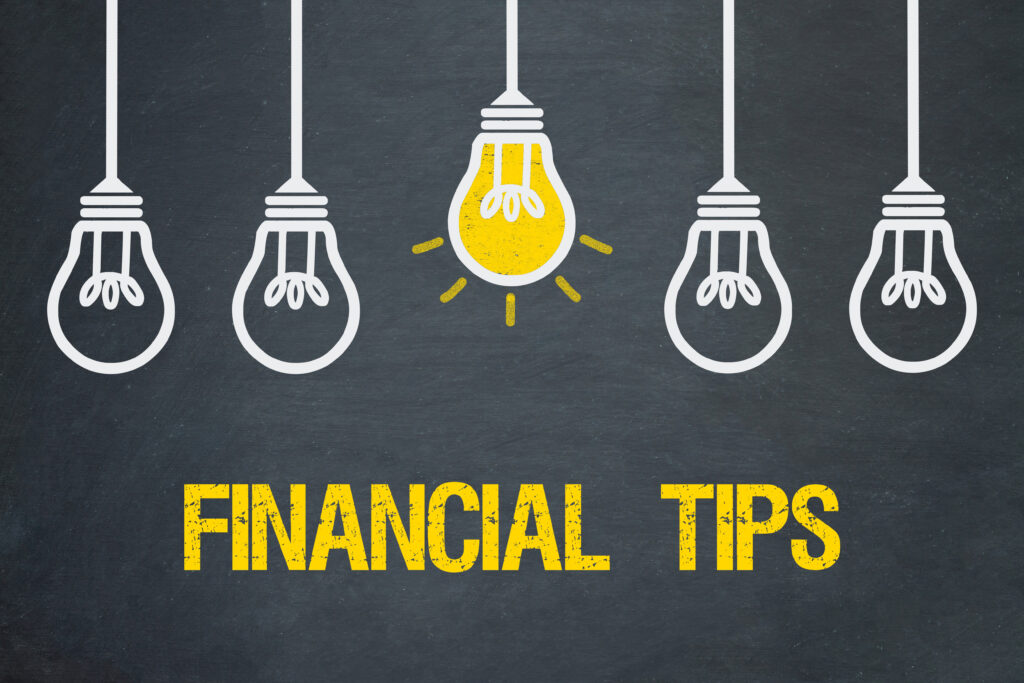Personal Financial Tips- Part 3- “Savings”

The last part of our three part series on personal financial tips covers savings. You can view part 1 covering financial basics here and part two covering budgeting here.
Managing your money can be a challenging task, especially when you have important expenses to pay like rent, student loans, utilities, groceries, and so forth. However, there are plenty of ways you can still pay for your necessities while treating yourself to things you love, all while saving.
Save Early
There is no shame in using tricks to get yourself to save money.
- What are some tips for saving more?
- Use multiple savings accounts
- Put your credit card in the freezer
- Set up automated transfers
- Think of your next raise as an opportunity to save more (not an opportunity to spend more)
Whatever works for you is fine. The key is to begin saving as early as you can, even if it means setting aside a few dollars in a piggy bank. Getting in the habit of saving early can set you up for financial success in the future.
- What about cutting expenses?
It’s also important to look at your lifestyle and identify areas where you can cut expenses. Often, the best way to make saving a habit isn’t skipping lattes; it’s keeping your housing and transportation expenses low.
- Should you be focused on saving for retirement?
When it comes to saving, retirement should always be part of the conversation. The last thing you want is to enter your golden years and realize you can’t retire because you won’t have enough money to make ends meet. The earlier you begin saving, the better.
Make Smart Investments
Another great personal financial tip for saving involves investing. Investing can be a great way to boost your savings and make extra income that can be put toward necessary expenses.
- What are some ways to start investing?
While it’s possible to beat the market, it’s often so unlikely that it might not be worth trying. Instead, consider investing in inexpensive index funds or target-date funds, as you can reduce your risk of losing large sums of money.
It’s always important to avoid investing in anything that promises impressive returns with little or no risk.
- What about retirement savings?
You can also invest in your retirement savings. Try and max out your tax-advantaged accounts, such as your 401(k) or IRA, before investing in a taxable account. This way, you can invest in a less risky manner, all while growing your nest egg.
Focus on Family Finances
Couples have assorted ways of merging and managing their finances. No matter your relationship dynamic, it’s important to find common ground when it comes to managing family finances. This way, you’ll be able to make plans for buying a new home, saving for your children’s college, or buying a new car.
- Retirement planning:
Having said that, couples who intend to spend retirement together should consider looking at their investment portfolio as a single unit. Doing so can allow you to create a retirement plan, so that you can spend your golden years the way you’ve always envisioned.
- Money management and education:
In addition to focusing on your and your spouse’s finances, it’s important to teach your children smart financial moves to help set them up for success. For example, forcing kids to save or donate part of their allowance can sometimes deprive them of the opportunity to learn worthwhile lessons.
With minimal financial obligations, your kids can learn from an early age what makes a financial decision risky, so when they’re older, they’ll be able to reflect on that experience and make the right choice.
Save for the Unexpected Emergency
You can never predict the unpredictable, which is why you want to have a plan in place should an unexpected emergency arise. Today, many Americans found just how important emergency savings are due to the coronavirus pandemic. With millions of workers now unemployed, savings have never been more important.
- What constitutes an emergency expense?
Fender benders, medical bills, a leaky roof—these are just some of the surprises life might throw your way, which can leave a serious dent in your finances if you don’t have adequate emergency savings.
- What can you do to prepare for emergencies?
To prepare for future economic downturns, you can review Mint’s recession finance tips that can help you get through any financial disruption.
To create a rainy day fund, set aside a portion of your income in a savings account that you won’t be tempted to touch. It’s recommended to have anywhere between six months and a year’s worth of savings stored in an emergency fund. This way, if you lose your job, have to buy a new car, or need to pay for an expensive surgery, you won’t face economic hardship.
Key Takeaway
Following these personal financial tips for savings will take time but everyone can benefit from reading through them. Save as early as possible, especially for retirement, make smart investments that aren’t extremely risky, focus on your family finances, and create an emergency fund.




